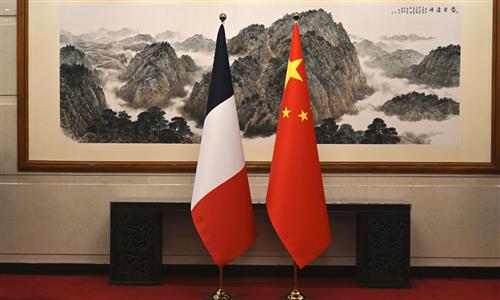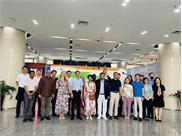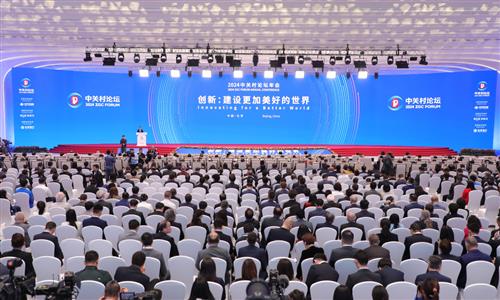China-Japan-ROK leaders' meeting signals new trilateral cooperation
Japan, ROK should not lose their own interests following US' suppression of China: analysts
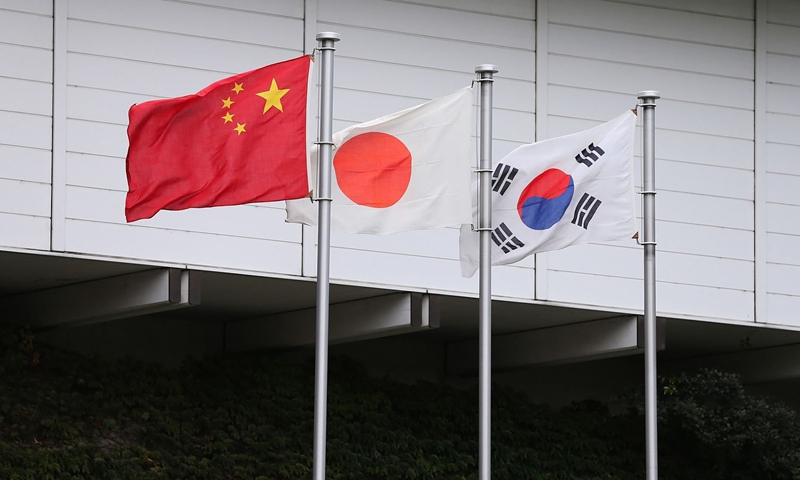
China Japan South Korea File photo:CGTN
China, Japan and the Republic of Korea (ROK) resumed their trilateral leaders' meeting after a four-year suspension, which analysts said sends a positive signal of bringing trilateral cooperation back on the right track and is of great significance to Asia and the world.
The ninth Trilateral Summit Meeting among China, Japan and the ROK is being in Seoul on Sunday and Monday. It had been suspended since December 2019. Leaders of the three countries will attend key events where they will exchange views on trilateral cooperation, the Xinhua News Agency reported on Sunday.
The meeting will discuss cooperation plans in six key areas, including personnel exchanges, economic and trade cooperation, and cooperation on science and technology in the digital transformation, according to Xinhua.
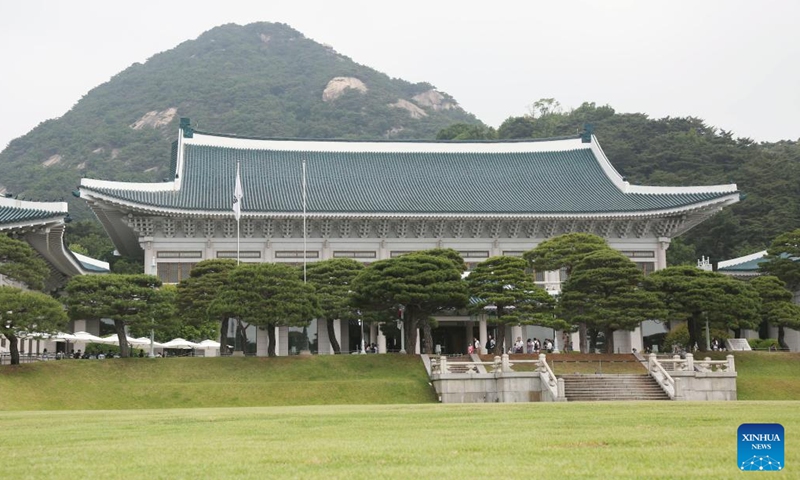
People visit Cheong Wa Dae in Seoul, South Korea, on May 24, 2024. The ninth Trilateral Summit Meeting among China, Japan and the Republic of Korea (ROK) will be held in Seoul from May 26 to 27. (Photo:Xinhua)
Analysts called for Japan and ROK, or South Korea, to work together with China to safeguard security, stability and prosperity in Asia. The two countries should not lose their own interests because of the US.
Affected by geopolitics, Japan follows the US too closely, which eventually leads to a wait-and-see attitude of Japanese enterprises in investing in China, which thereby affects the further expansion of bilateral trade, Zhang Jifeng, a former vice director of the Institute of Japanese Studies at the Chinese Academy of Social Sciences, told the Global Times on Sunday.
"In this case, only the US wins while Japan bears the loss," Zhang noted.
In terms of cooperation in industrial and supply chains, especially in the area of advanced technology, Japan and South Korea should stop following the US approach of "small yard and high fence" in setting economic restrictions against China, Zhang Huizhi, director of the Institute for North Korea and South Korea Studies at the Northeast Asian Research Institute of Jilin University, told the Global Times on Sunday.
"Recently, the continuous appreciation of the US dollar has led to a huge depreciation of Asian currencies, especially the won and the yen. Trilateral financial cooperation can, to a large extent, cope with financial shocks outside the region," said Zhang Huizhi.
There is a solid foundation for economic and trade cooperation among the three countries, as China, Japan and ROK are deeply integrated in their industrial and value chains, with respective strengths in equipment, technology and capital, meaning broad prospects for cooperation, analysts noted.
In particular, after the signing and entry into force of the Regional Comprehensive Economic Partnership in early 2022, the three neighboring countries ushered in new opportunities in trade, deepening investment and jointly exploring overseas markets.
Trilateral trade increased from $130 billion in 1999 to more than $710 billion in 2022, and the countries' share of the global economy increased from 17 percent to 24 percent, customs data showed.
China-Japan-South Korea cooperation started in 1999, a cooperative framework centered around the summit and supported by ministerial meetings and senior officials' meetings. More than 70 working-level mechanisms have been established during the past 25 years.
China, Japan and South Korea have formed a close relationship of economic interdependence. Against the backdrop of the weak recovery of the global economy, the integration of cooperation among the three countries will benefit people's livelihoods while effectively promoting broader cooperation in East Asia, Da Zhigang, director of the Institute of Northeast Asian Studies at the Heilongjiang Provincial Academy of Social Sciences, told the Global Times on Sunday.
